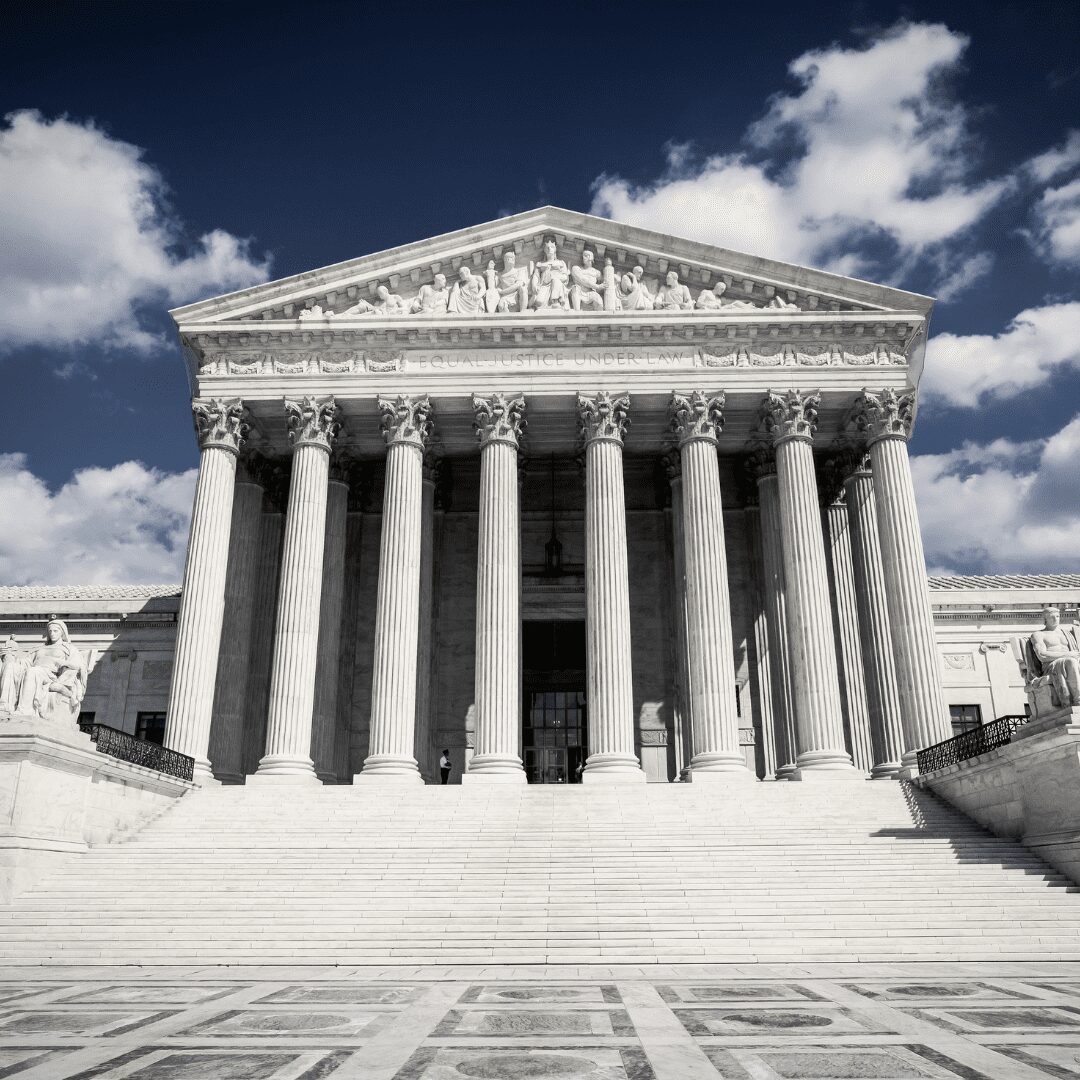
Section 230 at SCOTUS: What Consumers Need to Know
Dan Savickas
February 17, 2023
The Supreme Court will hear arguments in Gonzalez v. Google, a case that has the potential to upend the internet for many years. In late 2015, a 23 year-old American named Nohemi Gonzalez tragically lost her life in a terrorist attack carried out by the Islamic State of Iraq and Syria (ISIS). Gonzalez’s family later alleged that YouTube’s recommendation algorithm led the attackers to ISIS recruitment videos. Therefore, they claim, Google – YouTube’s parent company – are partially responsible for Nohemi’s death.
Google’s defense rests on a section of American law that has safeguarded the integrity of the internet for decades. The law, 47 U.S.C. § 230 (more commonly referred to as Section 230) holds that online platforms are not necessarily responsible for content published by users. For example, if a user posts harmful content on social media, that user – and that user alone – is responsible for the consequences of that post, not the social media company itself.
One of the original authors of Section 230, Sen. Ron Wyden (D-Ore.), describes his legislation as both “a sword and a shield” in online discourse. On one hand, it gives tech companies a shield from litigation for speech with which they did not create. This shield allows them to host a wide array of users’ speech online without fear of legal blowback. On the other, it gives these companies a sword to be able to remove potentially harmful posts as they see fit. Section 230 has struck an important balance in helping develop the internet as we know it.
Section 230 enables websites to exercise their own speech, association, and property rights to offer competing versions of content. Some sites allow almost any kind of legal speech, while others only allow narrow categories, while many offer something in between. This allows for users to find the online communities that work best for them and their values.
Because of this, lower courts have strictly stuck to the original intent of Section 230’s authors. That is, Section 230 is meant to be broadly construed to protect online platforms from several types of claims, including those brought by the Gonzalez plaintiffs.
What does distinguish the Gonzalez case from more typical challenges to Section 230 is the claim that algorithmic recommendations amount to publication. Thus, a tech company – like YouTube – transforms from a platform to a publisher once they amplify certain content more so than others. This is the crux of the argument that will be offered by the plaintiffs before the court this week.
However, even this seemingly narrower distinction would still gut Section 230 thoroughly and upend the balance it has set. If amplifying content amounts to publishing, any sort of platform action would eliminate Section 230 protections. If a platform algorithmically amplifies front-page news and relegates less relevant topics, the logic of the Gonzalez plaintiffs dictates that the platform would then lose its immunity. However, the text of 230 makes clear that editorial decisions are covered and algorithmic recommendations make such decisions on an automated basis.
Inhibiting the ability of platforms to utilize algorithmic recommendations risks breaking what makes services like Google so valuable. Algorithms act like a magnet above a haystack, pulling out potential needles based on user feedback. Without them, much of the internet becomes a useless haystack.
Further, a ruling for the plaintiffs would potentially disrupt tech platforms’ ability to block illegal content in the future. If relative amplification becomes a legally damning action, then blocking any content would, by implication, be relatively amplifying everything else. It would become impossible to operate any kind of platform and Section 230 would effectively be repealed.
What the plaintiffs are unintentionally asking for is for platforms to throw their hands up and let everything go. Unfortunately, that may open the door for more online activity like that which surrounded Nohemi Gonzalez’s tragic, untimely death. Platforms need the sword Section 230 provides as much as they need the shield. Section 230 opponents may try to eliminate one without the other, but the two are linked and the national online discourse will be worse should both be eradicated at the conclusion of this case.
